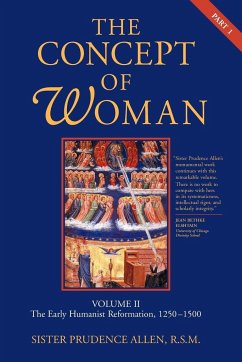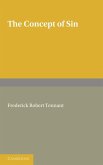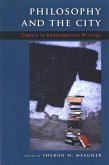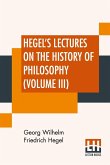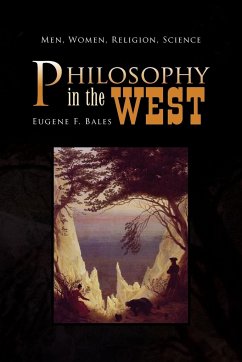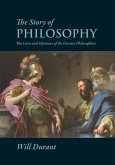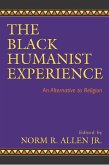This seminal work is the second part of a widely praised study of the concept of woman in the history of Western philosophy. Sister Prudence Allen explores claims about sex and gender identity in the works of over fifty philosophers (both men and women) in the late medieval and early Renaissance periods. Touching on the thought of every philosopher who considered sex or gender identity between A.D. 1250 and 1500, The Concept of Woman provides the analytical categories necessary for situating contemporary discussion of women in relation to men. Adding to the accessibility of this fine discussion are informative illustrations, helpful summary charts, and extracts of original source material (some not previously available in English). Encyclopedic in coverage yet clearly organized and well written, The Concept of Woman will be an invaluable resource for readers interested in a wide range of disciplines.
Hinweis: Dieser Artikel kann nur an eine deutsche Lieferadresse ausgeliefert werden.
Hinweis: Dieser Artikel kann nur an eine deutsche Lieferadresse ausgeliefert werden.

